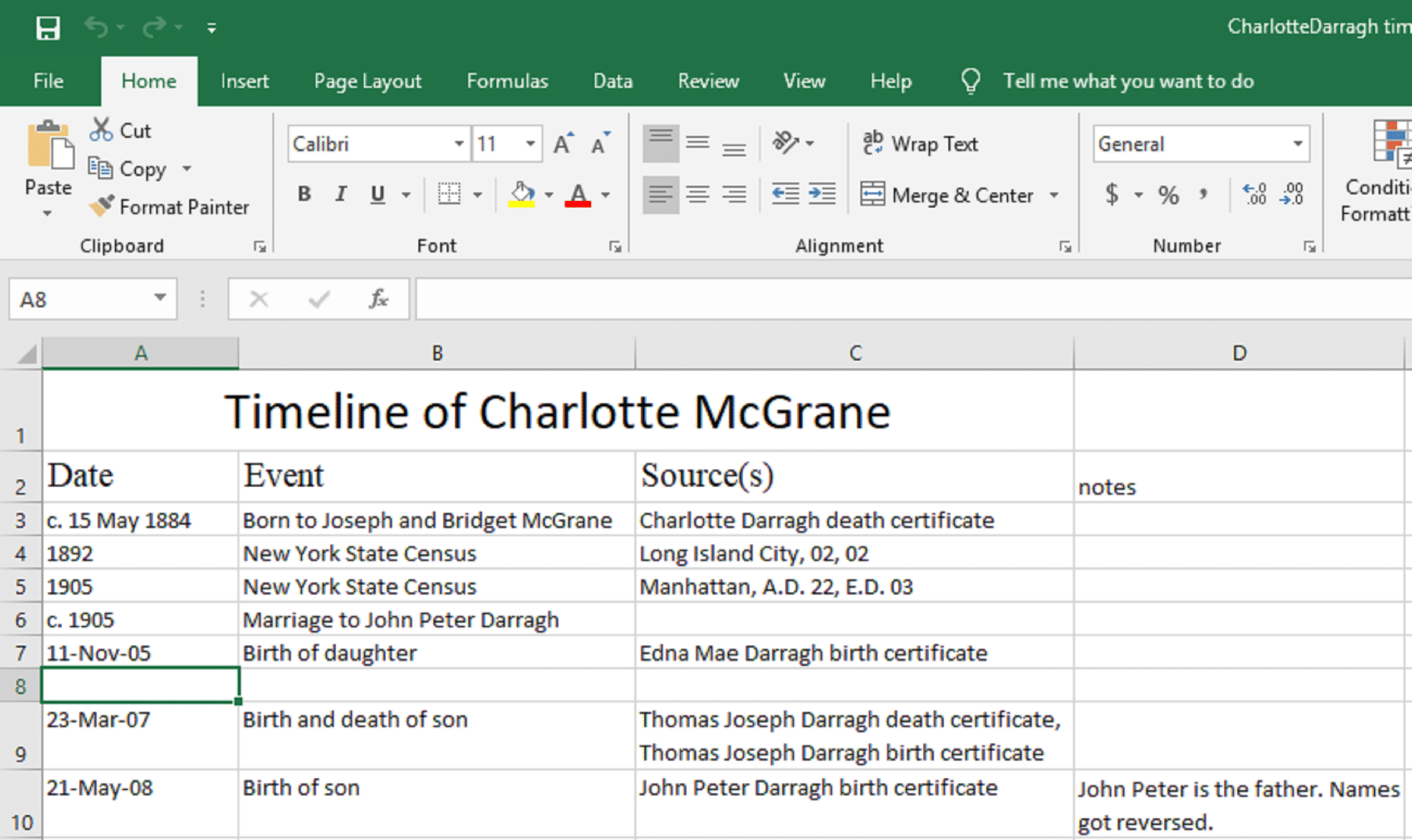Topic Info:
Our ancestors are more than names and dates on a chart. This week, share something that you've learned that brought more context to an ancestor's life. Have you learned why she moved from one area to another or why he held a certain occupation? Tell the story this week.
I tell people I help with looking up information the facts are the bones. However you need get to get other things to put the person together or to put flesh on the person. These other things could be finding yearbook, directories, and newspaper articles and/or talking to people about them. This week's post is is talking about doing exactly this - putting the flesh and life back into the ancestors.
I've done this several times with examples I've used here on my blog posts. These were like with my 2x great grandfather Jules among others. But if you don't have some of these clues, like they disappear after being in the newspapers, this in itself is also telling and I always ask and wonder- what are you hiding?
Where to start?
For people who have never done any research before they always ask "Where do I start?" and I tell them at the beginning which means yourself. I've actually taught a class for beginners and have done this.
| Credit |
Context - The next step
Then you go on to fill in when or what year you started daycare? School? Sports? Death of grandparents/parents/siblings come next. And the list goes on and on. By the end, they should be able to look down the list and feel like this is them.
 |
| One of the many ways you can make a timeline of information for your ancestors. Credit |
Once the people feel like they have listed everything about themselves, then they start with their parents the same way, then the grandparents. Usually by the time you hit either the grandparents or sometimes even the parents you don't have much, but what you do know you list because this will tell you where to look next.
Using history and locations
You list what things formed or might have formed the ancestor are you researching. Was something in the world that happened which affected them, you or what you/they did? Put it into the timeline. People usually do it for later in life, but if the person you're researching lived in Europe, why not use what happened in history to help with their entire life timeline from start to finish? This might give reason why they might have moved or travelled places.
For instance, my grandfather, who was born in Rheinland, Germany left there in the 1926 and set off for the United States. Why? Why did he do this?
 |
| Border of France and Germany after WW1 in 1918-1919. Rhineland is where it says League of Nations notice the 1926 year above? Credit |
This would have affected the unemployment as well. But was this a "problem"? During the hyperinflation, unemployment had been high and in 1926 there were about 2 million still unemployed, but started to slow down and continued to do better until 1929. This, too, could have been a factor.
I think the main reasons was the demilitarization of the zone they lived in. It was completely given back to Germany by 1930, but by then Hitler was on the scene and had violated the Treaty of Versailles and the Locarno Treaty or Pact which was signed in 1926. The Locarno Treaty/Pact reinstated the boundaries of Germany.
All the above, might have pushed him to leave Germany behind and go live with his aunt and uncle in Brooklyn.
True, it might not have done anything, but at least it does give everyone a bit of what was happening in (my grandfather's) Mathias' world and some reasoning behind his decisions.
 |
| The beginning timeline for my grandfather Mathias. Credit: J. Fitzgerald |
There is much more context information you could look up. It all depends on where they lived and if they made the newspapers or not.
Did they play cards to raise money for a charity? Did they let kids in their river for them to donate money to an emergency services? Did they eat something which made everyone sick? Did they get a parking, speeding or fine for being drunk? All this could be reported in the newspaper, gazettes, etc. Believe it or not, I've had all of these come up in the researching I've done.
I even had one poor guy think the train had stopped and opened the door and stepped out only to find the train was still moving. True it was reported he had been drinking too. This was for a headstone I found when I took some photos to upload onto a volunteer website and I went looking for information on the poor guy and imagine my shock at this information.
Sometimes there's just nothing you can find and so you have to let it go for a while before coming back to it in the future.
Is context 100%?
Using context is not 100% (is anything really?), but it does give you more of what their lives were like and what they had been dealing with. It might have even been something like a fight with his parents and off he went to the US but we'll never know for sure.
However, it lets everyone know there could be more to the story and the reader of your notes gets to learn a bit of history of the area from around where your ancestor came from.
No comments:
Post a Comment